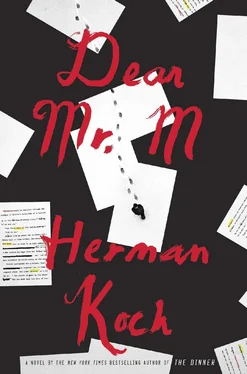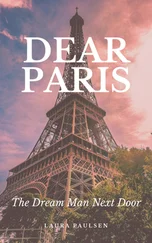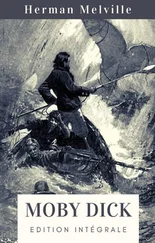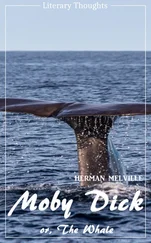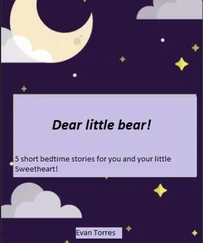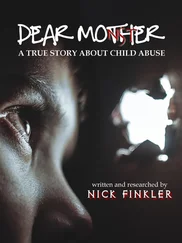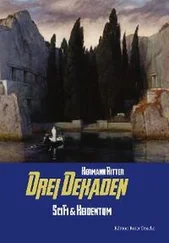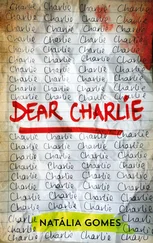Daddy’s sleeping —he feels the little hand on his forehead, the hand of his young daughter, for whom he will be a memory from this evening on. A memory still reasonably clear at first, but which will fade quite quickly. After that comes the gradual forgetting, the life carried forward in a photo album: Look, this is Daddy holding you on his lap.
They had drunk a cup of coffee together outside a brasserie on the corner of Boulevard Saint-Michel and Saint Germain-des-Prés. The waiter had asked M solicitously whether everything was all right, whether he wasn’t being bothered by the unshaven man in his torn, filthy winter coat who stank of stale wine. And M had held out his hand reassuringly above the tabletop, everything’s fine, everything’s all right, we’ll be leaving in a moment.
From the very start, from the morning when he had opened the airmail letter, there was something M had been unable to stomach. His book was more or less finished: he had always relied on his intuition, he knew when a book was really finished. The teacher showing up out of nowhere, the teacher with (feigned!) amnesia, it was all just a bit too much, a narrative line that was no longer needed. But so as not to scare Jan Landzaat away too quickly, M had pretended to be interested in this new angle.
“When I saw Herman standing at the bridge with his movie camera, I thought for a moment that I was going to have to cancel my whole plan,” Landzaat said. “After all, I couldn’t just run away anymore, he’d be sure to film me then. But in the end it turned out to be easier than I’d thought.”
“What makes you think, by the way, that I’ll actually keep this to myself?” M asked. “Why shouldn’t I go back to Amsterdam tomorrow and go to the police right away?”
“Because you’re a writer,” the teacher said. “You can’t let something like this go. You want to keep it all to yourself.”
As darkness fell they had walked down to the Seine. Jan Landzaat had showed him the bridge under which he had slept for the last few months. But M was only half listening. It was, above all perhaps, the news value that he couldn’t stomach. The spectacularity. His book didn’t need that at all. The focus would shift far too much to the teacher. He was looking for something else — maybe a more timeless book. A normal story in which two students rid themselves of a teacher. Simply because it’s possible. Because the possibility presents itself — the recovery of the natural balance.
It happened without forethought. They had walked down the steps to the quay and were standing under the bridge. In the meantime, M had been thinking about what he was going to do. First he would tell the teacher that he needed to think about it. Then he would never contact him again. He would leave the book precisely the way it was. Jan Landzaat could show up suddenly if he felt like it, but not in M’s book.
“I need to get back to my hotel,” M said. “I’ll think about it.”
“But not too long,” the teacher said. His eyes gleamed wetly in that face with its filthy, sticky beard. “I miss my daughters. I really miss them.”
Maybe there was something else, M thought at that moment. Maybe it was actually something else he couldn’t stomach. He’d always disliked people who came to him with ideas for his books. I thought about you right away. It’s really something for a novel. But, okay, I’m no writer. So if you want to use it, it’s yours.
It was completely dark by then, they were standing beside each other at the edge of the quay, looking out over the river at the dancing lights of the bridge reflected in the black water. M glanced around, but the waterfront was deserted. He took a step back, putting Landzaat between him and the edge.
The history teacher must have thought at first that M was reaching out to shake his hand goodbye. But the hand came up and rested against Jan Landzaat’s chest.
Spreading his fingers, so he could apply more force, he shoved him hard. The teacher waved his arms wildly, shouted once, then fell backward.
Back in Amsterdam, M waited a month. Closing his eyes, he could see Jan Landzaat’s head appear above water once or twice, but with that winter coat and those hiking shoes it was a lost battle; the current was strong, the head was already smaller the second time, and much further away too. In M’s memory the man shouted something again and raised his arm.
People on the bridge, or further down along the waterfront, might have seen the drowning man, maybe even tried to help him. Maybe the teacher had actually succeeded in struggling to shore further downstream, under his own power.
But after a month, when M had heard nothing, he called his publisher to say that the book was finished.
“Have you got a title already?” his publisher asked.
“Payback,” was M’s reply.
—
Now he can’t feel the hand anymore either. He is already gone. There is no light, no tunnel, no gateway. Good thing too, is his final thought. Imagine if there were. He thinks about the excuses and the pretexts he would have had to come up with, how he had used his parents in his books, had misused them — as they could rightly claim if they had actually been able to read those books “up there,” where they had ostensibly been all this time. He had missed his mother more than he had missed his father, it was better to be honest about that. But the thought of spending the rest of his life, no, the rest of his death, of spending all eternity — whatever one was supposed to imagine by that — in her company had always seemed unbearable to him. Better the missing than the presence, he knew that was the way it was, but he doubted whether he could ever explain that to her.
And now? How would it go now, now that things had finally reached that point?
The first thing they would probably notice was his battered face, the black eye, the swollen nose, the bruises.
“What happened?” His mother would squat down in front of him, throw her arms around him, brush the blue-and-yellow spots carefully with her fingertips. “Have you been fighting?”
I fought for you, Mama .
But instead he would avert his eyes; just like seventy years — an eternity — ago, he would come up with a lie.
“I fell down,” he would say, and just like back then, he would add details to make the lie stick. “Today, on the way home on my bike. My front wheel got stuck in the tram rails, I fell over the handlebars, hit my head on the street.”
The real liberation, as he knows now, as he has in fact known all along, is that his parents aren’t around anymore. That they have been gone so long. That was his own liberation year: the year they passed away.
And so his relief is great when he sees that there is no gateway, no light — no playground he has to cross to his father and mother waiting at the fence.
There is nothing.
HERMAN KOCH is the author of eight novels and three collections of short stories. The Dinner, his sixth novel, has been translated into forty languages and was an international bestseller. He currently lives in Amsterdam.
